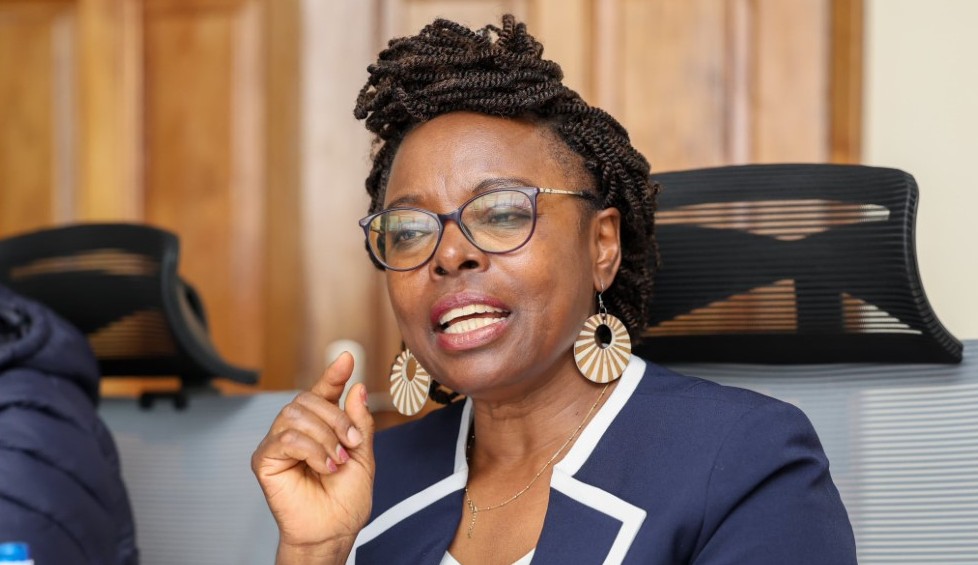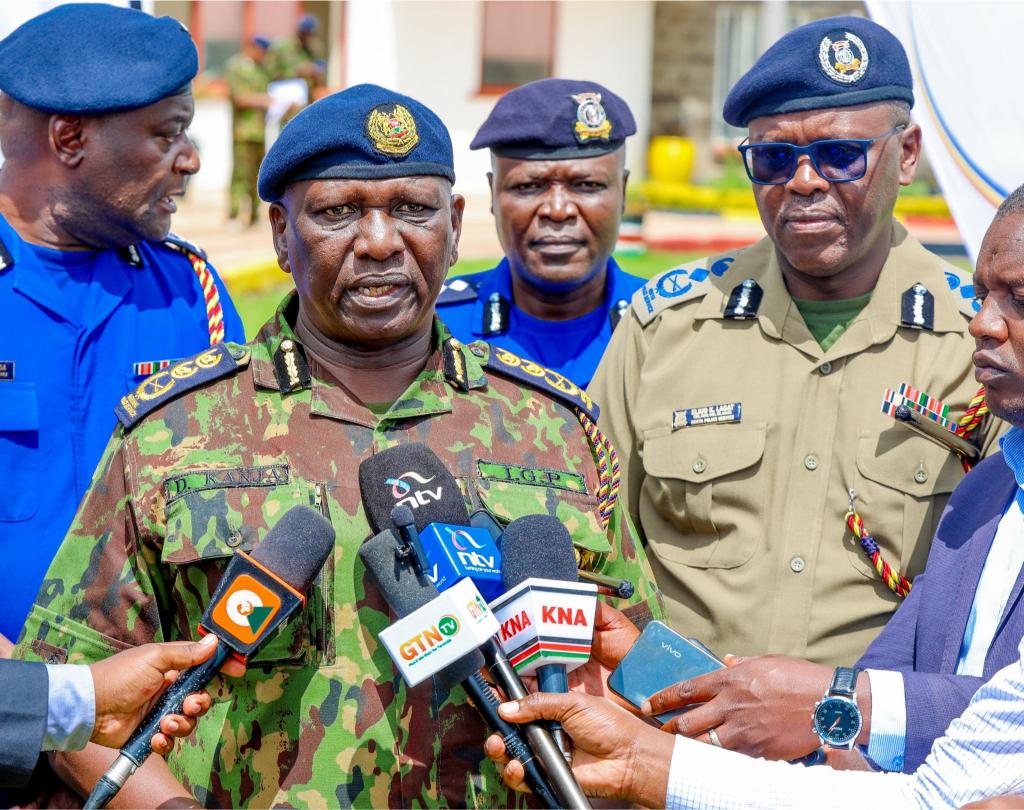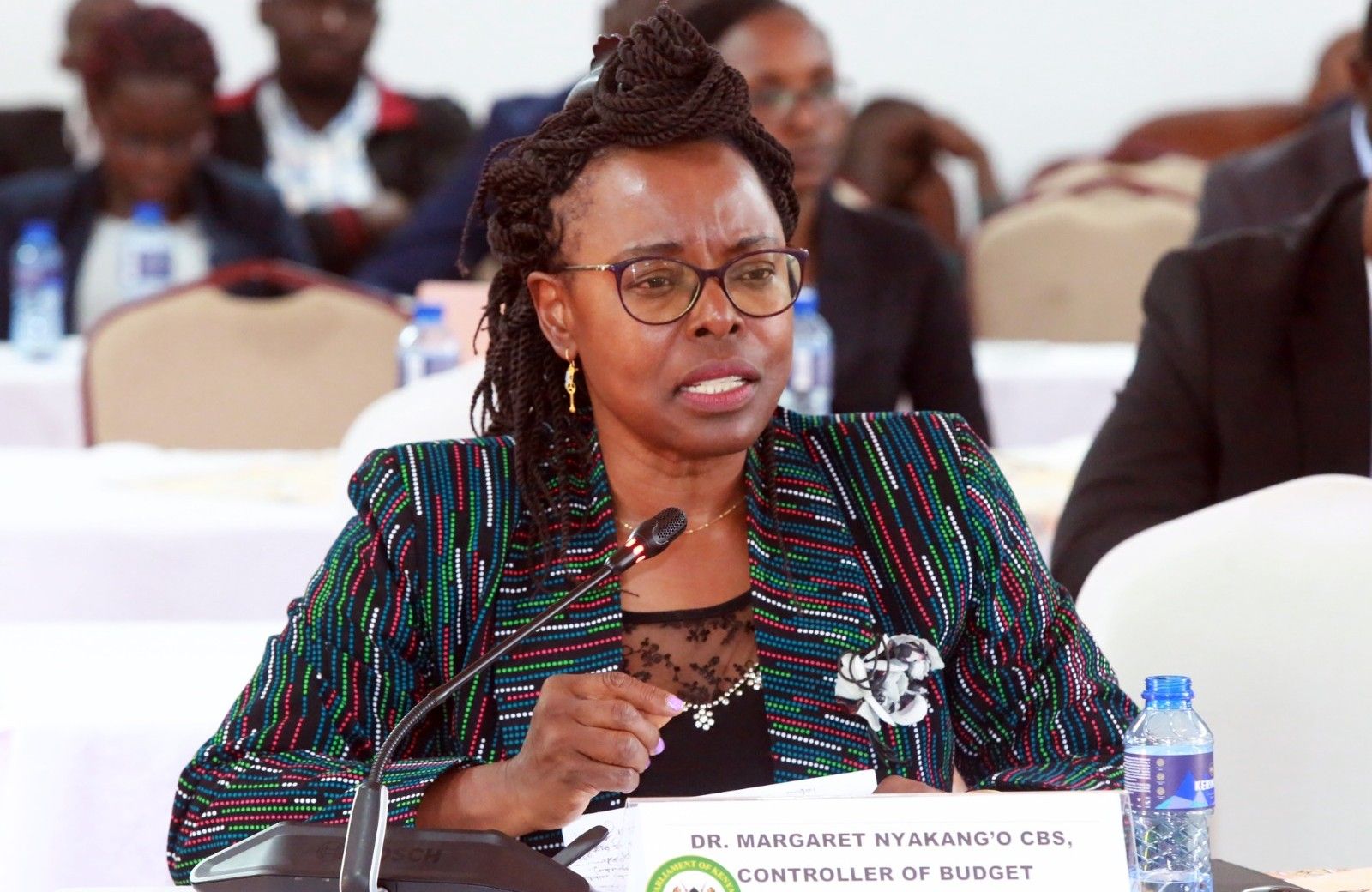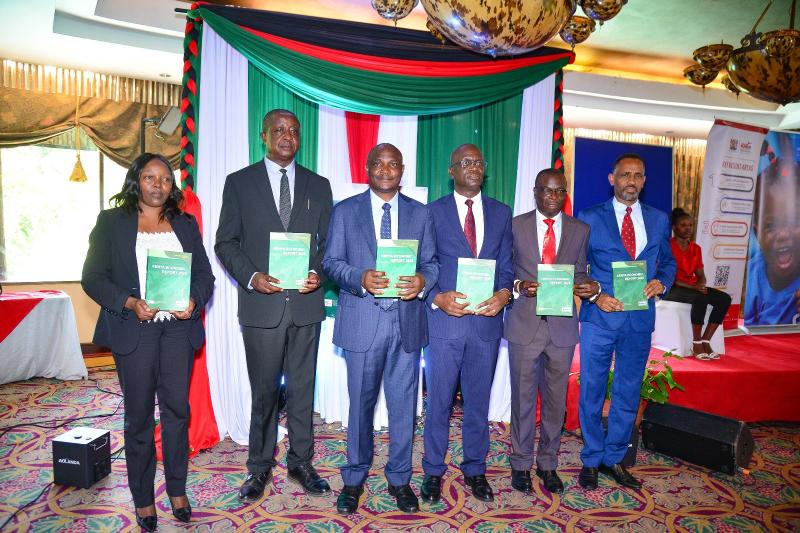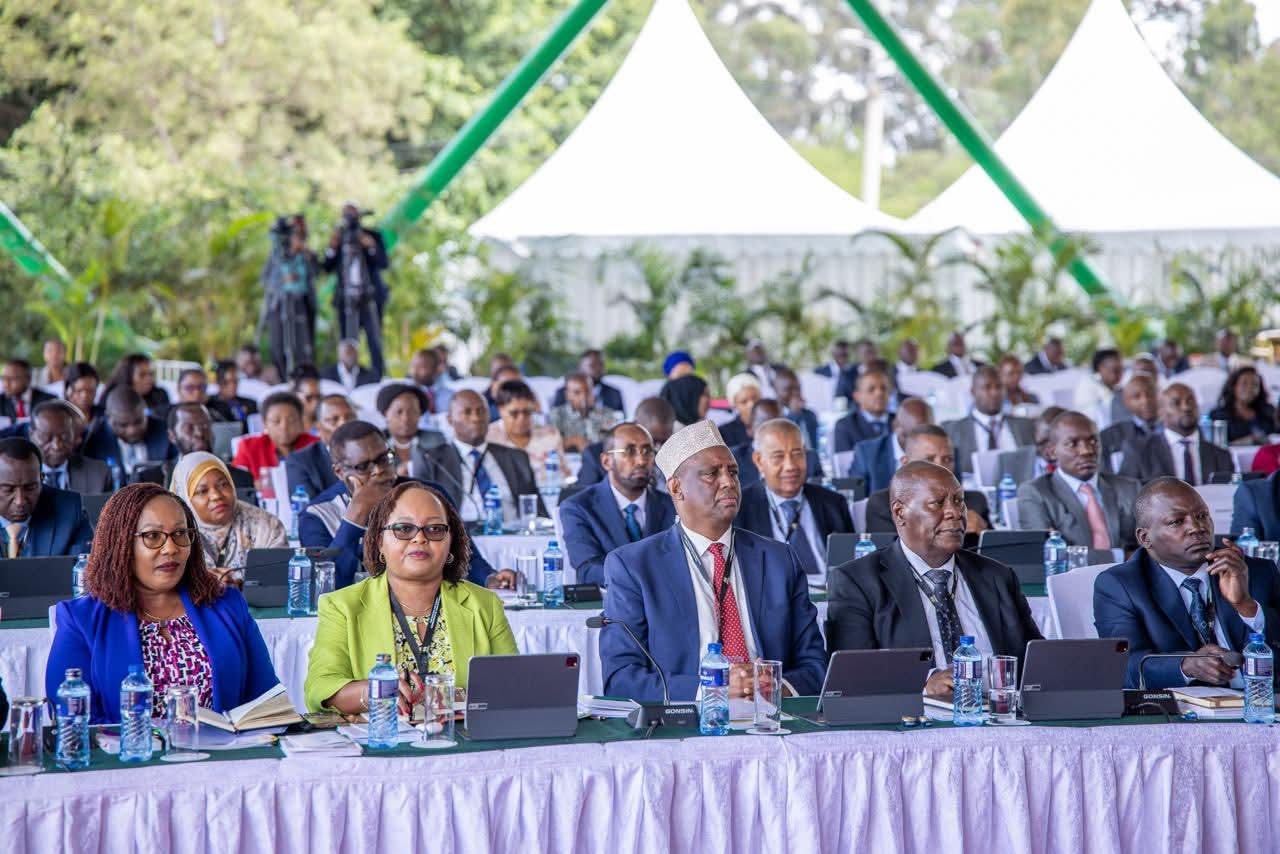Sudan confirms plans by Russia to set up naval base in the Red Sea
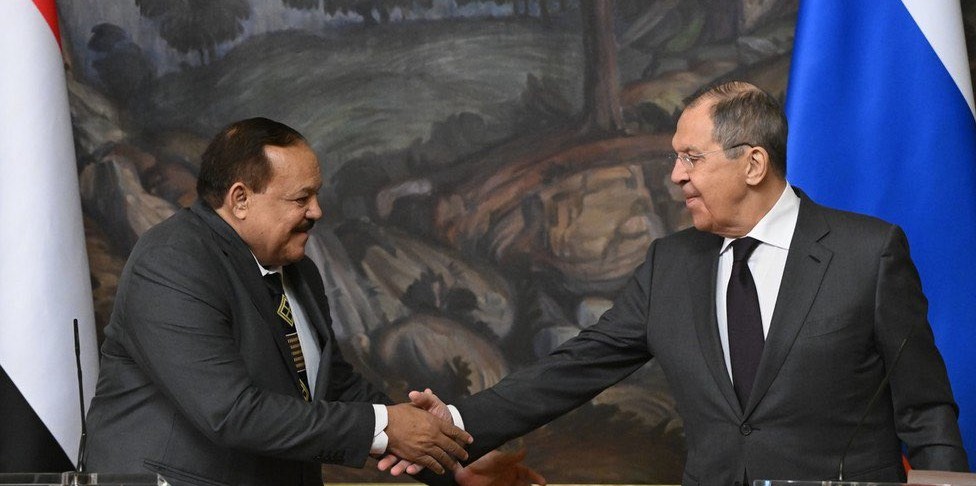
Russia has stood by Sudan's military government on the international stage, using its veto power at the UN Security Council to block resolutions calling for a ceasefire on humanitarian grounds.
The government of Sudan has announced a plan by Russia to establish its first naval base in the country.
Sudan's Foreign Minister Ali Youssef Ahmed al-Sharif announced this during a visit to Moscow where he met his Russian counterpart Sergei Lavrov.
More To Read
- Sudan war: Aid teams say deal struck to reach stricken El Fasher
- Maternal and newborn health in crisis as millions born in conflict zones, Save the Children warns
- South Sudan deploys forces to secure Heglig oil field after Sudan RSF capture
- UN warns human rights face growing threats worldwide in 2025 as funding for activists falls
- Sudanese herders struggle to safeguard livestock amid devastating war
- US sanctions network accused of recruiting Colombians to fight for Sudan’s RSF
"The naval base is an agreement that was signed between Sudan and the Russian Federation for the facility on the Red Sea to provide Russian ships with necessary services as long as Sudanese sovereignty is respected," Ali stated.
The minister added that the two nations are aligned in consolidating the idea and turning it into reality after years of delays over the port.
If the agreement is implemented, Russia would join the US and China who have bases to the south in Djibouti as the third biggest world power to set up shop in the region.
The move by Russia to establish a naval facility on Sudan's coast was first mooted in 2017 by former president Omar al-Bashir when he visited Russia's largest resort city of Sochi.
Despite his ouster in 2019, a deal that allowed up to four Russian navy ships to set up camp in Sudan for a minimum of 25 years was ratified in 2020.
The deal, which was termed as "logistical and without intention to harm other countries" permitted Russia to keep nuclear-powered vessels in the country.
Implementation challenges
Since then, the deal has faced implementation challenges largely due to the power struggle between Sudan's military and civilian leaders.
The outbreak of civil war in April 2023 between the Sudanese army and the paramilitary Rapid Support Forces (RSF) didn't help either as Russia's Wagner Group allegedly supported RSF, while the Kremlin maintained official ties with Sudan's army.
Following the death of Wagner's leader, Yevgeny Prigozhin, the Kremlin gradually reinforced its alignment with the Sudanese army. Russia's Deputy Foreign Minister Mikhail Bogdanov visited Sudan in April 2023, pledging "uncapped" support for the army, signalling a shift in Moscow's strategy.
Russia has also stood by Sudan's military government on the international stage, using its veto power at the UN Security Council to block resolutions calling for a ceasefire on humanitarian grounds.
The announcement also comes at a critical time for Russia, following the recent overthrow of Bashar al-Assad in Syria, a key Russian ally in the Middle East.
This has raised concerns over the stability of Russia's naval presence at Tartus in the eastern Mediterranean, making Sudan's Red Sea base even more strategically valuable as it links the Suez Canal to the Indian Ocean and controls up to 12 per cent of global trade.
Top Stories Today


